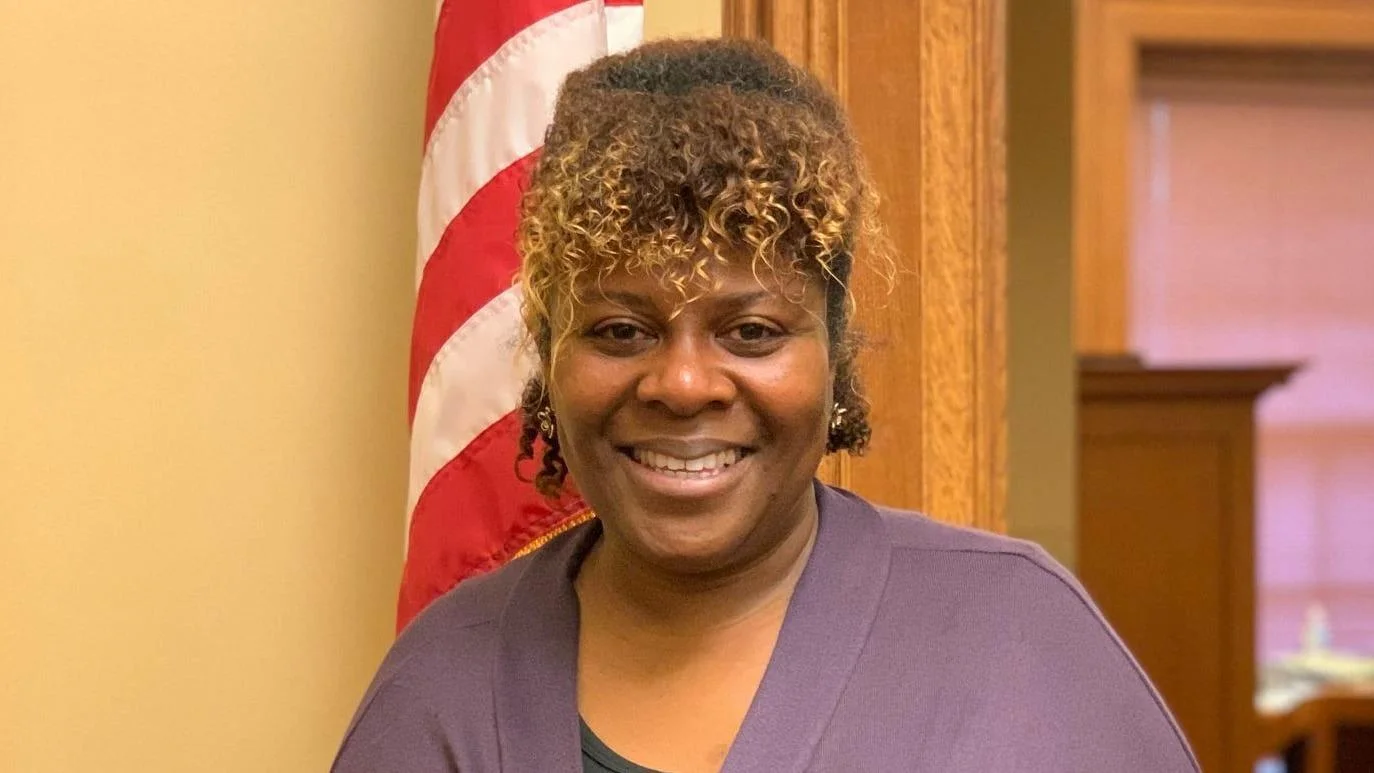LaTonya Johnson, Wisconsin State Senator for 6th District | Facebook
LaTonya Johnson, Wisconsin State Senator for 6th District | Facebook
According to the Wisconsin State Legislature's official website, the bill was described as follows: "prosecuting or adjudicating delinquent a person under the age of 18 for committing an act of prostitution".
The following is our breakdown, based on the actual bill text, and may include interpretation to clarify its provisions.
In essence, this bill prohibits prosecuting or adjudicating individuals under 18 years old for engaging in prostitution, which is currently classified as a Class A misdemeanor. It removes the option for courts to issue a consent decree or enter into a deferred prosecution agreement under juvenile justice or adult criminal statutes in cases involving minors, even if these actions are deemed in the minor's best interest and not harmful to society. Additionally, the bill impacts related statutory sections, including those requiring DNA samples for certain offenses, by amending the existing language to align with the new provisions for individuals under 18. This act applies to violations committed from the effective date of the subsection onwards.
The bill was co-authored by Representative Joel Kitchens (Republican-1st District), Senator Kristin Dassler-Alfheim (Democrat-18th District), Senator Jodi Habush Sinykin (Democrat-8th District), Senator Dianne H. Hesselbein (Democrat-27th District), Senator Sarah Keyeski (Democrat-14th District). It was co-sponsored by Representative Clinton M. Anderson (Democrat-45th District), Representative Deb Andraca (Democrat-23rd District), and Representative Mike Bare (Democrat-80th District), along 37 other co-sponsors.
LaTonya Johnson has co-authored or authored another seven bills since the beginning of the 2025 session, with none of them being enacted.
Johnson graduated from Tennessee State University in 1997 with a BS.
Johnson, a Democrat, was elected to the Wisconsin State Senate in 2017 to represent the state's 6th Senate district, replacing previous state senator Nikiya Harris Dodd.
In Wisconsin, the legislative process starts when a senator, constituent, group, or agency proposes an idea for a bill. After drafting, the bill is introduced, numbered, and referred to a committee for review and public input. If approved, it moves through three readings and votes in both the Senate and Assembly. Once both chambers pass the same version, the bill goes to the governor, who can sign it, veto it, or let it become law without a signature. Only a small share of bills introduced each session ultimately become law. You can learn more about the Wisconsin legislative process here.
| Bill Number | Date Introduced | Short Description |
|---|---|---|
| SB73 | 02/26/2025 | Prosecuting or adjudicating delinquent a person under the age of 18 for committing an act of prostitution |
| SB70 | 02/26/2025 | A minor’s authority to consent to health care |
| SB60 | 02/21/2025 | Expanding the homestead income tax credit. (FE) |






 Alerts Sign-up
Alerts Sign-up